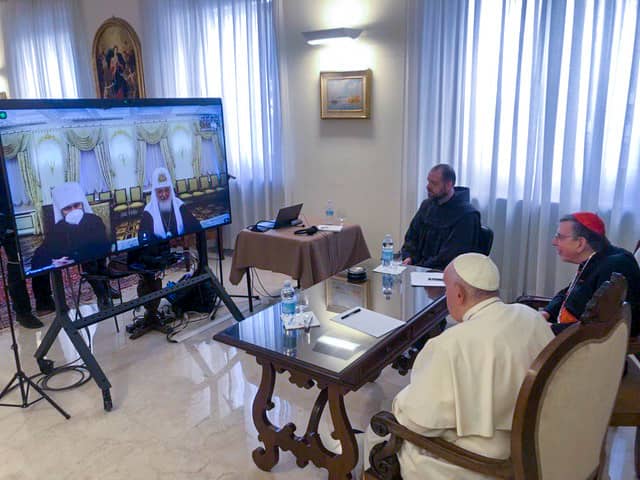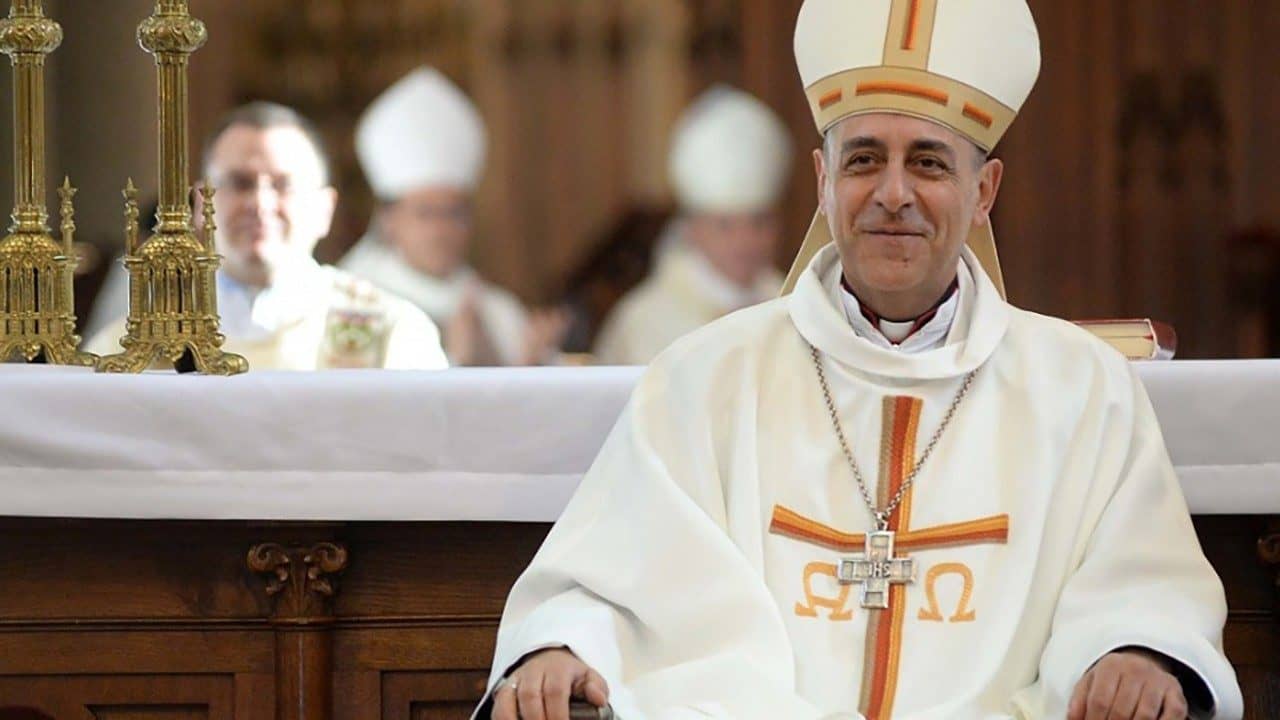ROME – Pope Francis on Thursday met Nadia Murad, the 2018 Nobel Peace Prize winner. Murad is an Iraqi Yazidi who was held as a sex slave by ISIS forces when they occupied northern Iraq in 2014, and today she serves as a voice for victims of human rights abuses, especially against women.
The Peace Prize announcement came on Oct. 5, and unlike in years past, this time around there wasn’t a great deal of buzz about Francis as a candidate. During the St. John Paul II years, it was more or less an annual routine that the pope’s name would be bandied about as a candidate for weeks in the run-up to the announcement, but he’d never actually win.
That tradition has been revived to some extent under Francis, who’s also been touted as a potential Nobel laureate on several occasions.
Though one can certainly understand why these pontiffs drew serious consideration, there’s actually a strong case to be made that the Nobel Prize shouldn’t go to a pope as a matter of principle – and ironically enough, it’s not that different than the argument for not naming popes as saints.
It goes like this: The principal purpose of the Nobel Prize is to recognize a singular contribution to peace, but certainly a secondary aim is to give a global platform to someone often struggling against great odds to draw attention to their cause, elevating their status by virtue of having the award attached to their name.
The thing is, of course, a pope doesn’t need that kind of help. The papacy is easily one of the most visible bully pulpits in the world, and by definition any cause a pope takes up will attract attention, backed by the global infrastructure of the Catholic Church.
As a footnote, popes also don’t really need the roughly $1.1 million cash award that comes with the Nobel Peace Prize, since the Vatican commands a fairly considerable treasury all its own.
Taking all that into consideration, the argument would be that the Nobel committee would be wise to prioritize candidates such as Murad, who weren’t worldwide celebrities before they won the award and whose endeavors stand to benefit infinitely more from the recognition.
There’s an analogous case with regard to sainthood causes for popes.
From a theological point of view, the formal act of canonization does nothing for the saint, since Catholic belief is that he or she is already in heaven enjoying the beatific vision of God. The pageantry of a canonization is for the rest of us, intended to shine a spotlight on that saint as a role model of holiness.
Once again, however, popes don’t need that kind of stage. Simply by virtue of their election, they’re already as much of a role model for Catholics around the world as anyone’s ever going to be. That’s not to say that popes don’t live lives of heroic virtue, which is the threshold requirement for a sainthood cause, simply that the function of drawing attention to that virtue which is the point of a sainthood cause has, in their case, already been accomplished.
There is of course another argument for not canonizing popes, which is that the whole business involves a basic binary choice: Either you declare virtually all of them saints or you pick and choose, and both options come with real problems.
Functionally, since Vatican II the Church has chosen the “canonize them all” path – every pope since the council has been canonized, save Benedict XVI, who’s still alive, and John Paul I, for whom a cause remains open.
The problem is that such an automatic approach could be seen as cheapening the honor, making it seem almost an element of a standard benefits package for popes – two weeks paid vacation, a 401(k), and a halo.
Meanwhile, picking and choosing inevitably invites impressions of appearing political. Why have the causes of both Pius IX and Pius XII stalled, for instance? Many observers believe it’s because of external criticism of both popes, Pius XII for his alleged “silence” during the Second World War and Pius IX for a host of reasons.
In other words, the slowdown in the sainthood causes strikes some people as a result of successful lobbying campaigns against these two candidates, which can risk making canonization seem like a political prize rather than an objective judgment about someone’s holiness.
For all these reasons, therefore, many experts on the sainthood process believe that discretion might be the better part of valor when it comes to popes, reserving the halo for figures whose example might otherwise never reach a wider Catholic audience.
As a final consideration, it’s a safe bet that none of the popes of recent memory really cared whether they drew special honors during their lifetimes, and all probably would have been the first to insist they were unworthy of sainthood after death.
In other words, perhaps the awards and honors, whether of a secular or ecclesiastical sort, might be best left to others, allowing popes to fall back on what is, after all, not such a bad form of recognition in itself – to wit, being elected pope.















